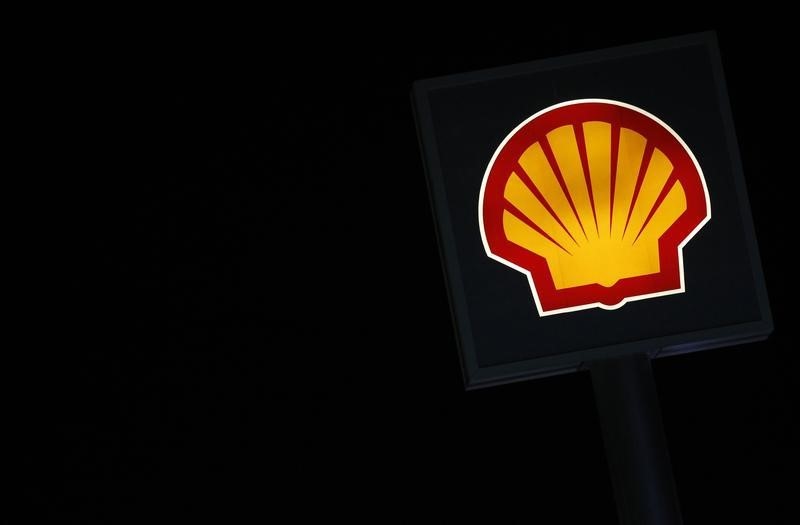By Ron Bousso
LONDON (Reuters) - Royal Dutch Shell (L:RDSa) is considering investing billions in Brazil, set to become a focal point after the planned acquisition of BG Group (L:BG), even as it prepares to sell huge chunks of its business to pay for the $70 billion (45.11 billion pounds) deal.
Despite a broad drive to cut spending in the face of persistently low oil prices, Chief Executive Ben Van Beurden remains steadfast in his plans to buy BG, which will transform Shell into the world's biggest liquefied natural gas (LNG) supplier.
The company has announced plans to sell around $30 billion in assets between 2016 and 2018 to improve its balance sheet and focus on its core deepwater oil and LNG business.
The BG deal will make Shell the largest foreign investor in Brazil's coveted deepwater oil fields.
According to several sources familiar with the company, it has earmarked up to $5 billion for new acquisitions, mainly in Brazil where state-run oil company Petrobras (SA:PETR4) is selling assets worth nearly $14 billion amid a vast corruption scandal that has engulfed the company and the government.
Shell, which expects oil prices to return to $90 a barrel by the end of the decade, is also looking at acquisitions in other future key regions including East Africa, which has huge reserves and where BG is developing several gas fields in Tanzania, the sources said.
Any new spending, however, is likely to raise eyebrows among investors already worried about Shell's ability to complete the BG deal as the industry faces one of its worst downturns in decades.
Shell's share price has trailed the oil and gas sector index (SXEP) since the deal was announced in April. Chief Financial Officer, Simon Henry, acknowledged in April that while Shell would look at assets, it did not have "a lot of cash left to be doing much more" on acquisitions.
Van Beurden says spending will be selective.
"We will be doing quite a bit of portfolio high-grading on the back of the BG deal and it doesn't necessarily mean getting out of stuff. It may also mean selectively deepening in areas where we can continue to build on our strengths," van Beurden told reporters last week.
"You always look at whether a portfolio is deepening positions in areas or whether it is disposing of positions that are due for restructuring or where we don't see the strategic fit any more. That hasn't changed on the back of the BG deal."
A Shell spokesman said the company does not comment on specific portfolio activity.
PETROBRAS
Along with international peers Exxon Mobil (N:XOM), Total (PA:TOTF) and BP (L:BP) among others, Shell has shown interest in Petrobras' producing oil fields as well as operating rights in Brazil's coveted offshore "subsalt" basin, according to industry sources.
Petrobras brought in Bank of America Merrill Lynch (N:BAC) in June to help manage its divestment plan.
Brazil's huge deepwater oil reserves are set to become a key source for meeting growing global demand over the next few decades.
Shell and BG's combined oil production in Brazil is expected to reach 550,000 barrels per day by the end of the decade, from around 200,000 bpd at present, and will account for around 20 percent of the company's global production.
In the face of its share price slump, Shell used last month's quarterly results to outline a 20 percent cut in spending this year, or capex, to $30 billion and billions of dollars in cost savings to boost the balance sheet.

It plans to increase borrowing levels and has indicated it will significantly reduce planned 2016 capex for the combined group after completion of the deal, expected early next year.